Classification of Tungsten Alloy Fasteners (Part One)
- Details
- Category: Tungsten Information
- Published on Friday, 26 September 2025 15:28
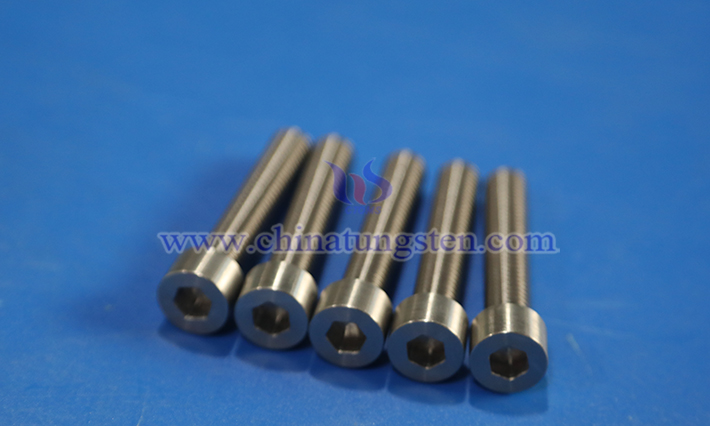
Tungsten alloy fasteners, with their perse structural designs, cater to complex connection requirements ranging from high-temperature furnaces to spacecraft. Screws offer flexible installation options, bolts and nuts meet high-strength fixation needs, and rivets provide robust assurance for non-detachable scenarios. Together, these types form the application ecosystem of tungsten alloy fasteners, supporting the reliability and efficiency of high-end manufacturing.
Performance Comparison of Tungsten Alloy Screws and Stainless Steel Screws
- Details
- Category: Tungsten Information
- Published on Thursday, 25 September 2025 14:47
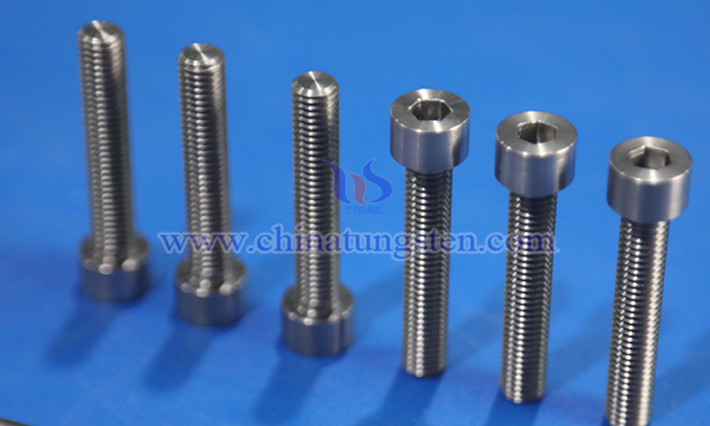
Tungsten alloy screws and stainless steel screws are two common screw materials, with the former renowned for its high hardness and high-temperature resistance, and the latter distinguished by its cost-effectiveness and versatility. The following text primarily discusses their performance comparison.
What Is Tungsten Alloy Threaded Rod?
- Details
- Category: Tungsten Information
- Published on Thursday, 25 September 2025 14:43
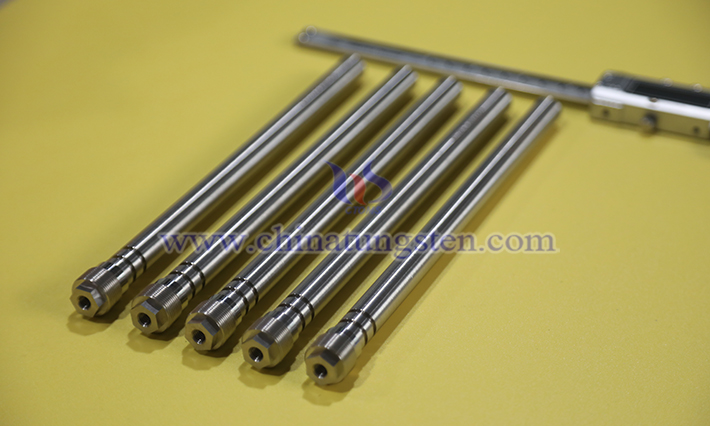
Tungsten alloy threaded rod is a high-performance mechanical connecting element featuring a continuous helical thread structure on its surface, primarily used to provide robust fixation and connection functions. As a refractory metal composite material, it uses tungsten powder as its main matrix, alloyed with nickel, iron, copper, or other elements (such as molybdenum or tantalum) through powder metallurgy processes. This not only imparts the high melting point and density of tungsten but also enhances toughness and machinability.
Performance Comparison of Tungsten Alloy Screws and Molybdenum Alloy Screws
- Details
- Category: Tungsten Information
- Published on Wednesday, 24 September 2025 14:21
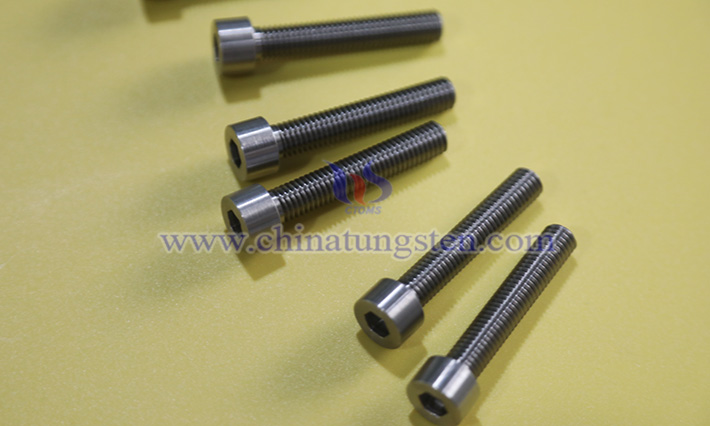
Tungsten alloy screws and molybdenum alloy screws, as two refractory metal-based materials, are widely used in high-temperature, high-strength, or specialized environment connection scenarios due to their unique physical and chemical properties. The following text primarily discusses the performance comparison between tungsten alloy screws and molybdenum alloy screws.
Performance Comparison of Tungsten Alloy Screws with Other Screws
- Details
- Category: Tungsten Information
- Published on Wednesday, 24 September 2025 14:18
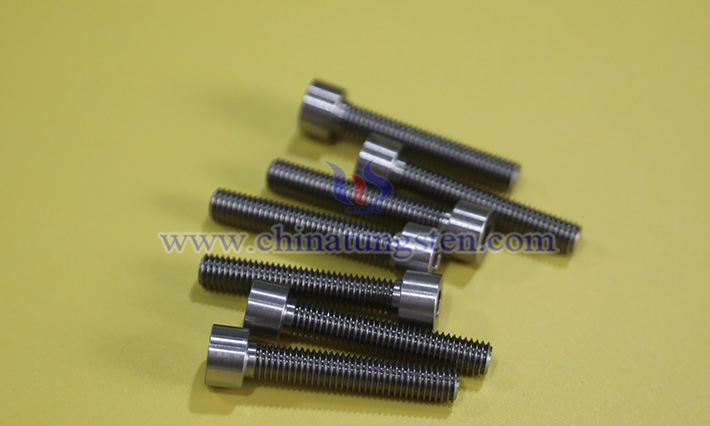
In the field of modern engineering, screws serve as critical connecting elements, with their material properties significantly impacting the reliability, durability, and adaptability of structures to various application scenarios. Tungsten alloy screws stand out in high-demand environments due to their unique physical and chemical characteristics, while other screws, such as titanium alloys, molybdenum alloys, and stainless steel, each offer distinct advantages. The following text primarily discusses the performance comparison of tungsten alloy screws with other screws.
Characteristics of Tungsten Alloy Screws
- Details
- Category: Tungsten Information
- Published on Tuesday, 23 September 2025 11:50
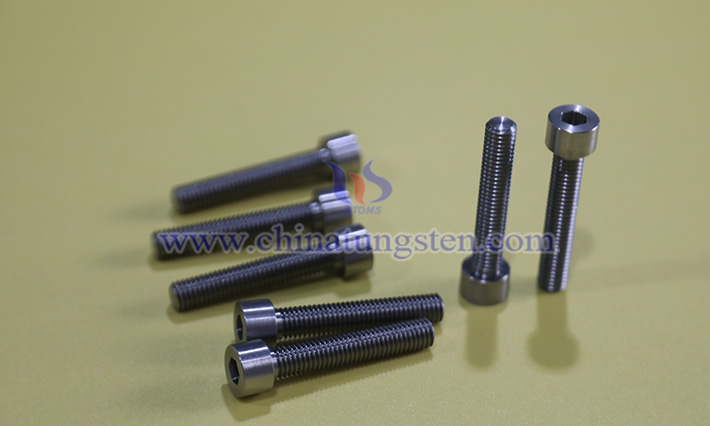
Tungsten alloy screws, as high-performance fasteners, are widely used in aerospace, nuclear industry, marine engineering, and high-precision manufacturing due to their high density, excellent mechanical properties, good chemical stability, and flexible processing characteristics.
Comparison of Tungsten Alloy Screws and Titanium Alloy Screws
- Details
- Category: Tungsten Information
- Published on Tuesday, 23 September 2025 11:43
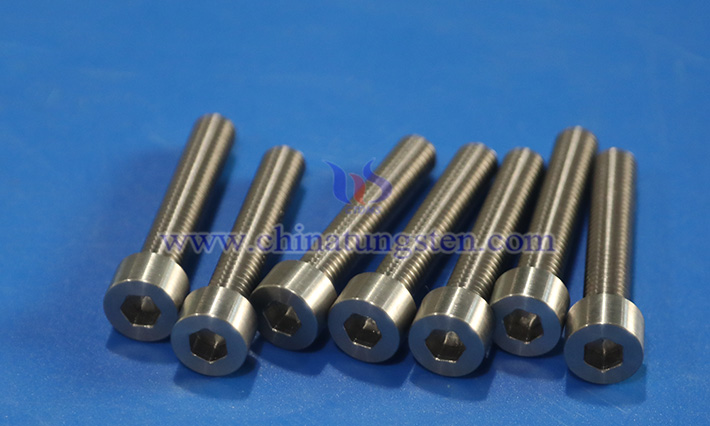
In the field of industrial fasteners, tungsten alloy screws and titanium alloy screws, as two high-performance material products, hold significant positions in various application scenarios due to their unique physicochemical properties. There are notable differences between the two in terms of material characteristics, performance, manufacturing processes, and application contexts.
What Are Tungsten Alloy Fasteners?
- Details
- Category: Tungsten Information
- Published on Wednesday, 17 September 2025 17:19
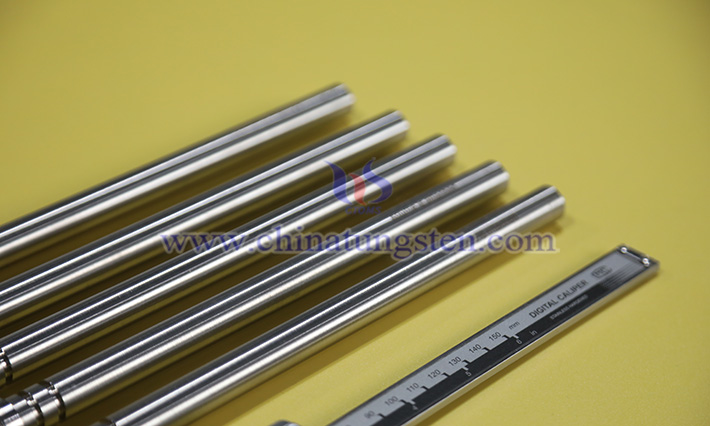
CTIA GROUP LTD tungsten alloy fasteners are mechanical connection components made primarily of tungsten, supplemented with elements such as nickel, iron, and copper, and produced using advanced processes like powder metallurgy. These fasteners, which include screws, bolts, nuts, and washers, are widely used in industries such as aerospace, nuclear power, marine engineering, electronics, medical devices, and military applications.
Applications of Tungsten Alloy Discs in the Target Field
- Details
- Category: Tungsten Information
- Published on Wednesday, 17 September 2025 17:15
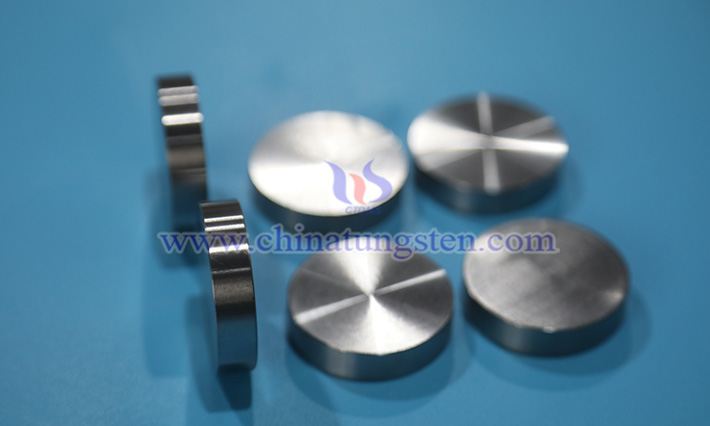
CTIA GROUP LTD tungsten alloy discs are typically made by alloying tungsten with nickel, iron, titanium, or other elements. Their exceptional performance stems from their unique material composition and microstructure, making them widely used in the target field. Industrial-grade tungsten alloy discs generally have a purity of 99.95% or higher. While pure tungsten targets offer high density and excellent high-temperature resistance, their brittleness makes them prone to cracking during processing. As a result, tungsten-based alloys such as W-Ni-Fe (tungsten-nickel-iron alloy, with tungsten content ranging from 85% to 99%) or W-Ti (tungsten-titanium alloy, with adjustable tungsten-titanium ratios) are commonly used. These alloys are produced via powder metallurgy, with tungsten particles uniformly dispersed in a metal binder phase, forming a dense structure.
What Are Tungsten Alloy Screws?
- Details
- Category: Tungsten Information
- Published on Wednesday, 17 September 2025 11:46
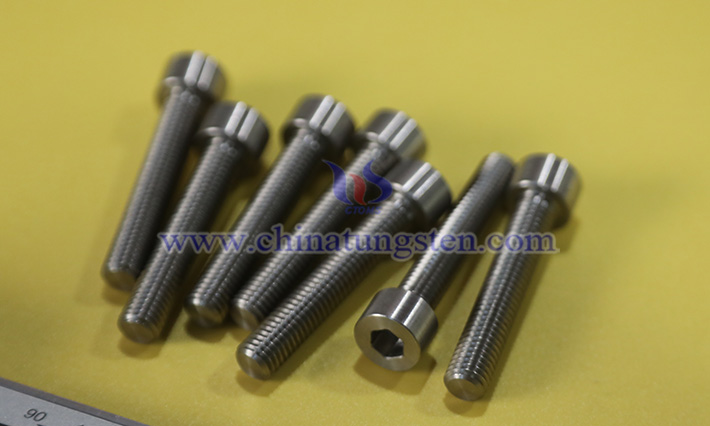
CTIA GROUP LTD tungsten alloy screws are fasteners made from an alloy material composed primarily of tungsten (W), with the addition of metals such as nickel, iron, and copper, manufactured through machining processes. With their high density, exceptional strength, wear resistance, and outstanding corrosion resistance, they are widely used in fields such as aerospace, medical devices, and precision machinery, where material performance requirements are stringent. Compared to steel screws, tungsten alloy screws demonstrate higher reliability under high loads and extreme conditions; compared to lead-based materials, they are more environmentally friendly.



 sales@chinatungsten.com
sales@chinatungsten.com